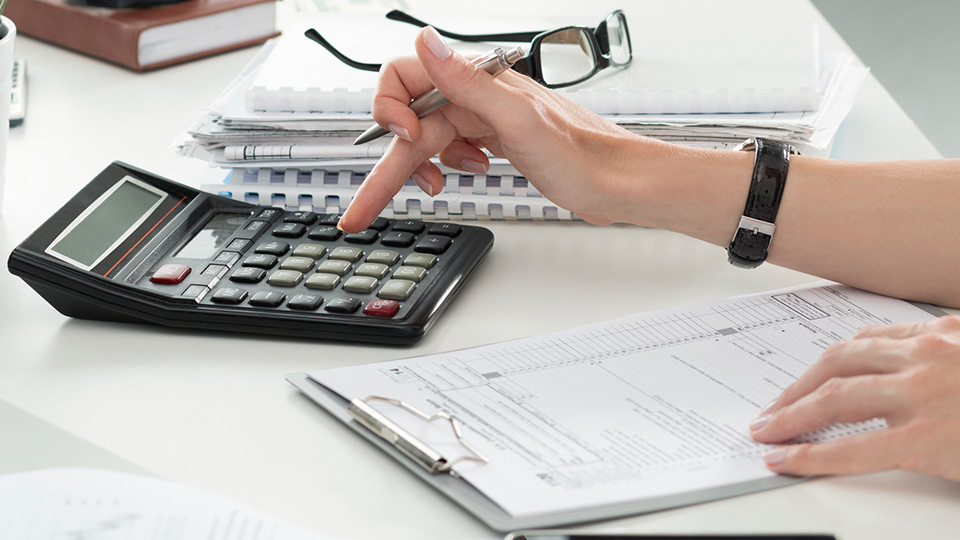December 19, 2016
How do small businesses deal with GST payments?

Small to Medium Enterprises (SMEs) need to be aware of their GST obligations and how to make GST payments.
Here’s everything small businesses and sole traders need to know about GST.
When to register
A business must register for GST once their annual GST turnover reaches $75,000 (the GST turnover is the gross income minus GST).
For not-for-profits, the threshold is $150,000.
Businesses wanting to claim fuel credits and taxi/ limousine travel providers must register, regardless of GST turnover.
If you’re registered for GST, you must include the 10% GST in the prices of sales and claim credits for the GST component of all business purchases.
GST registration may be beneficial for start-ups incurring significant set-up costs, as they will receive 100% of the GST paid for business purchases.
New businesses can wait to register, but must do so within 21 days of exceeding the turnover threshold. Otherwise, owners could be penalised and incur a bill for GST on the sales made, irrespective of whether it was included in the price.
RELATED: Tax For Small Business: What Can I Claim?
Taxable versus ‘GST-free’ and input-taxed items
Taxable sales are a payment of some kind, to your business, and connected with Australia.
Some goods and services may be GST-free, input-taxed, or partly taxable.
Businesses can claim credits for the GST associated with purchases to make GST-free sales, but not for ‘inputs’. Input-taxed sales include financial supplies and selling or renting out residential premises.
The Australian Taxation Office (ATO) lists the following items as GST-free:
- Most basic food
- Some education courses, materials and related excursions
- Some medical, health and care services
- Some medical aids and appliances
- Some medicines
- Some childcare services
- Some religious/charitable services
- Certain supplies of accommodation and meals to retirement village residents
- Some cars for the disabled
- Water, sewerage and drainage
- International transport and related matters
- Precious metals
- Sales through duty-free shops
- Grants of land by government
- Farmland
- International mail
- Exports
- Sales of businesses as going concerns
- Some telecommunications supplies
- Eligible emissions units.
When to report GST amounts
GST is remitted to the ATO monthly, quarterly or annually via a Business Activity Statement (BAS).
Most businesses will report quarterly although, depending on the size, may report monthly or annually.
The ATO will issue your BAS about two weeks before the end of the reporting period.
Need assistance with GST for your business?
At LDB, we help businesses to keep on top of GST payments and lodgments and ensure your paperwork is on the money.
For more information, phone LDB on (03) 9875 2900 or fill in the contact form below.





